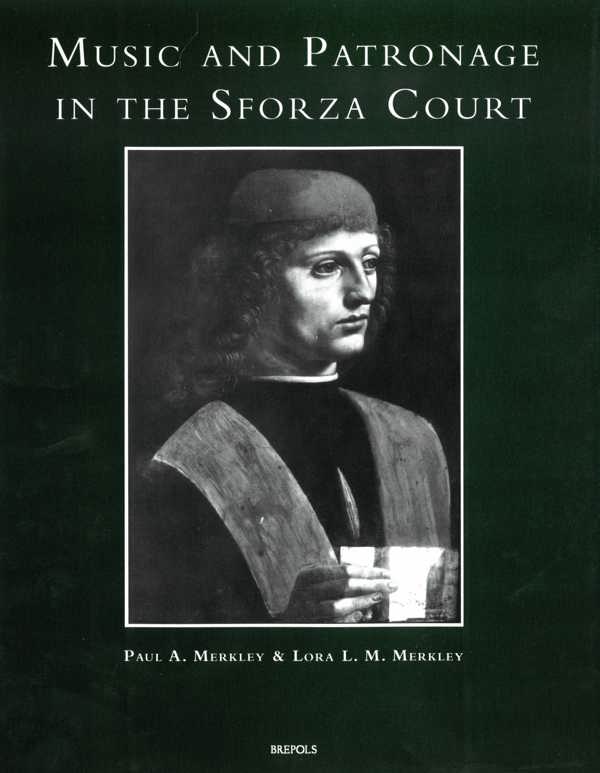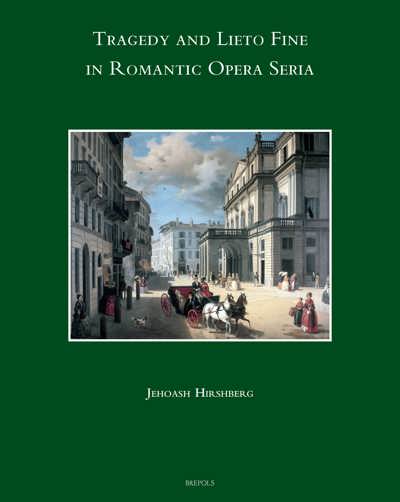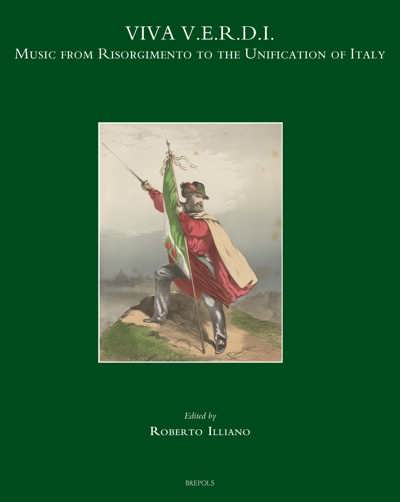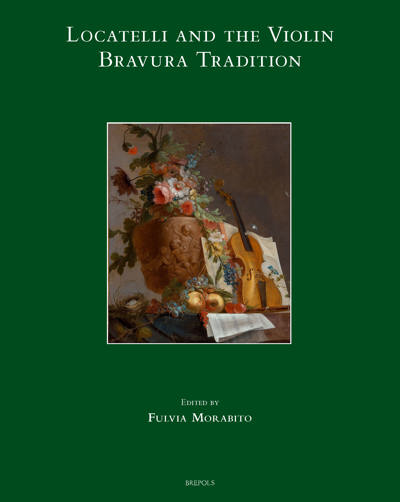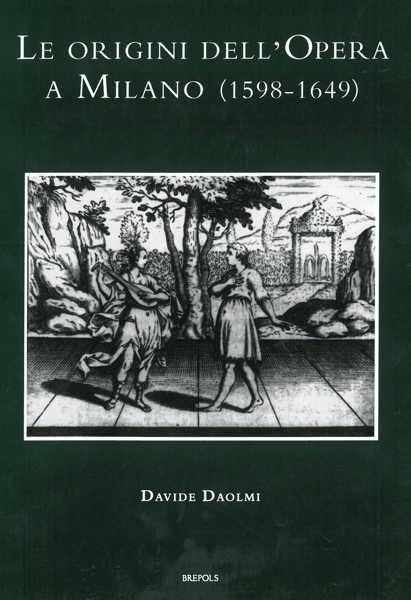
Music and Patronage in the Sforza Court
P. Merkley, L. Matthews
- Pages: 514 p.
- Size:210 x 260 mm
- Language(s):English
- Publication Year:1999
- € 70,00 EXCL. VAT RETAIL PRICE
- ISBN: 978-2-503-50706-4
- Hardback
- Available
The core of this study involves the enormous number of documents on musicians and musical patronage in the Sforza Court recovered in Milanese archives and elsewhere.
"The sheer magnitude of new documentary material presented by the Merkleys is astonishing, and scholars will turn to this book as a mine of information on the careers of musicians active in Italy in the late fifteenth century. (...) Music and Patronage in the Sforza Court is an impressive compilation of new documents on music in Milan, providing significant clarification of Josquin's biography. The Merkleys' work stands as an important contribution to our understanding of music and patronage in early modern Milan, and the authors deserve the gratitude of all who have an interest in the music of this period."
(Patrick Macey, Notes, March 2001, p. 620-622)
"Music and Patronage in the Sforza Court is an impressive compilation of new documentes on music in Milan, providing significant clarification of Josquin's biography. The Merkleys' work stands as an important contribution to our understanding of music and patronage in early modern Milan, and the authors deserve the gratitude of all who have an interest in the music of this period." (P. Macey in Notes, March 2001, p. 620-622)
The core of this history involves the enormous number of documents on musicians and musical patronage recovered in Milanese archives and elsewhere during the course of our research. This evidence bears on the performing organizations of the court chapel and the biscantori of the Duomo, polyphonic sources of both sacred and secular music, the monophonic observance of the liturgy, the recruitment of singers, circumstances and working conditions, requirements of clients, demands and preferences of patrons, the tangled process of the procurement of benefices, jailing, and even espionage. It pertains to the biographies and activities of musicians, including the most influential composer of the late fifteenth century, Josquin Desprez, who we know lived and worked in Milan for more than twenty years, including the entire period of Duke Galeazzo Sforza's renowned chapel of Franco-Flemish singers, one that contained the most illustrious musicians in Europe. Within the chapel a new genre of music was cultivated and musical works that exemplified the high renaissance period were composed and performed. Later, under Ludovico Sforza, Franchino Gafori wrote several theory treatises and compiled polyphonic sources of great importance. Findings in the documents have necessitated a re-evaluation of all three, including the revision of dates for a substantial part of the repertory. All historians are familiar with the long and well established tradition in which the Medici and the city of Florence have been cast as the vanguard of modernism. Although no one would wish to detract from the brilliant history of Florence, recently it has been argued that Milan was the first city state to develop modern government (along with its bureaucracy), and diplomacy, both of which pertain directly to the musicians and music of this study.

